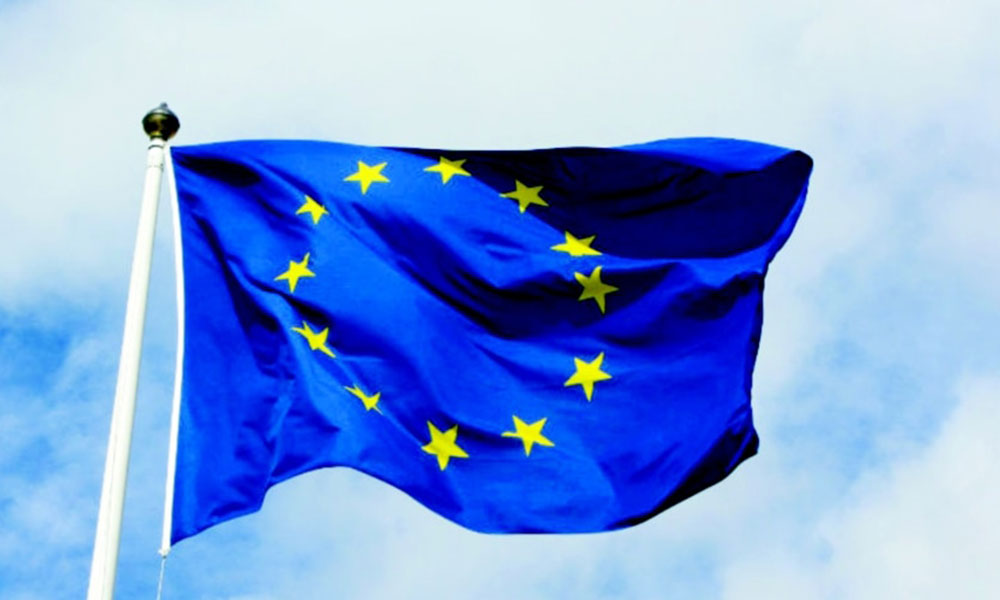
GLOBAL politics are presently going through one of their most important shifts in power and strategy of the whole modern era. Two hundred years of dominance by European and American states of world politics, economics and security are coming to an end.
The change is associated with Asia’s emergence as a key region in all these respects, by China’s remarkable transformation over the last four decades and now by the Trump administration’s decisive emphasis on the United States’ transactional interests over its hegemonic role in relating to other centres of power.
President Trump’s decision to withdraw the United States from the Paris climate accord this summer was a key moment in this process of change.
It was aptly characterised as “the birth certificate of a multipolar world” by the French ambassador to the United Nations, Francois Delattre. Poles are centres of world power, dominance or hegemony.
This decision is widely considered to mark not only a new period of US disengagement, but also of its relative decline and consequent loss of will and ability to forge global rules.
Such a change is hugely consequential for international political order. Power transitions like this bring back fears of instability in world politics similar to previous periods of multipolarity, notably in late 19th century and early 20th century Europe.
The geopolitics of multipolarity then involved competing empires, whose conflicts led to world wars.
Pessimism about that being repeated in tension between the US and China drives much current realist analysis concentrating on hard security and military power.
But, it is a mistake to extrapolate that European- or US-centric fear to international politics now, is in a new kind of world order. Multipolarity is used in different ways by Chinese, Russian, French and Asian commentators and analysts to depict a more balanced and fair distribution of power and influence than applied during the period of US hyperpowerdom, now at an end, or the longer era of Western global dominance. It can be understood as a post-Eurocentric and genuinely post-imperial way to portray a world of more equal, respectful and reciprocal centres of regional power.
Asia and Europe have key roles to play in this potentially fruitful and positive transition. Both regions are facing the challenge of adjusting to the changing role of the US and how to develop closer relations between their geographical areas to enable them to defend open political and economic systems at global level. They both need to adapt internally and externally for this task.
A central issue is whether multipolarity, as a way to understand and practise global power relations, can be combined with greater regional cooperation, integration and multilateralism. Regional cooperation refers to consensual and intergovernmental sharing of policy-making among neighbouring states — as in Asean; integration to their sharing of sovereignty to do that — as in the EU; and multilateralism to how they forge alliances for common goals.
The EU has come through a traumatic and protracted period of crisis over financial debts, migration, social and regional inequalities, populist politics and Britain’s decision to leave. A new sense of confidence is abroad that these challenges have been taken on and handled sufficiently well to allow decisions on deeper political, economic and security integration to be taken in response to these changes in world politics.
Whether the EU can become more coherent as a foreign policy actor as the US disengages is a central concern as it seeks to ensure the multilateralism it supports externally is effective.
Can the EU itself be a more strategic actor on the world stage, or is that a role more likely to be taken by its largest states like Germany and France?
Closing that gap between the EU’s expectations and capabilities, its rhetoric and resources, will determine whether and how it can take up the opportunities to develop more effective relations with Asian states, like China, and regional organisations, like Asean.
More constructive engagement with China’s Belt and Road Initiative and Asean’s search for economic and security cooperation can result from that.
Asean faces its own challenges at regional and global levels in dealing with these questions. It has learnt to adopt its own norms and procedures of cooperation rather than copying any EU model, and this is better understood now by Europeans. That can make for a more respecting and equal relationship in future.
These issues will be analysed and debated this week at the Asia-Europe conference at the Universiti Malaya’s Asia-Europe Institute by leading experts from both regions.
They will examine how the new geopolitical and geostrategic realities can encourage more cooperation between Asia and Europe, similarities between them, priority areas and how soft and hard power play into their relations.
 PAUL GILLESPIE is a columnist and editorial writer for ‘The Irish Times’ and a senior research fellow adjunct in the School of Politics and International Relations, University College Dublin, and will be speaking at the Asia-Europe Conference (Aug 3-4) at Universiti Malaya.
PAUL GILLESPIE is a columnist and editorial writer for ‘The Irish Times’ and a senior research fellow adjunct in the School of Politics and International Relations, University College Dublin, and will be speaking at the Asia-Europe Conference (Aug 3-4) at Universiti Malaya.
Source: New Straits Times
Last Update: 23/12/2021